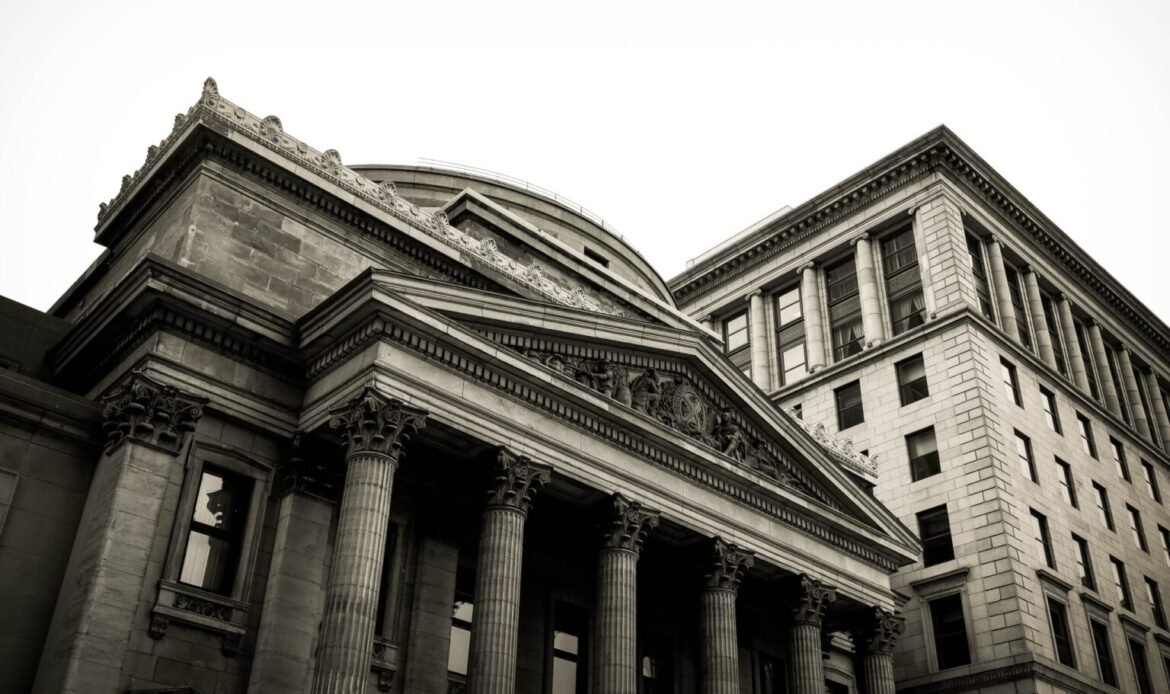Inflationary forces, according to a US investment bank, might compel the Bank of England’s monetary policy committee’s hand.
Goldman Sachs has warned that the Bank of England may be compelled to hike interest rates to 5% this summer as Britain battles to reduce the highest rates of inflation among the G7 group of major nations.
The Bank of England is generally expected to raise borrowing costs for consumers and companies for the 12th time in a row on Thursday, with financial markets forecasting a quarter-point hike to 4.5%.
However, a US investment bank cautioned that borrowing costs for families and companies might rise higher as the central bank works to reduce the highest rates of inflation in 40 years to more manageable levels.
Inflation remains in double digits in the UK after decreasing less than predicted in March, to 10.1%, as British consumers faced the highest annual rise in food and drink costs since 1977.
Inflation remaining higher than predicted would put further strain on people in the midst of the cost-of-living crisis, and would be humiliating for the government following Rishi Sunak’s commitment to half the rate of inflation this year. When he made the commitment, the inflation rate was 10.7%.
UK might be able to avoid a deep recession
Goldman Sachs noted that while UK inflation was on pace to decline swiftly, thanks to lower global energy prices, the gauge of growing living costs was unlikely to fall far enough to reach the Bank of England’s 2% objective set by the government.
“While it is possible that the [Bank’s rate-setting] monetary policy committee might want to slow the hiking to a quarterly pace after the May meeting, we remain sceptical that this will be feasible amid ongoing inflationary pressures. said Ibrahim Quadri, an economist at the US investment bank.
“We therefore expect the monetary policy committee to continue to hike in 25 basis point steps until reaching a terminal rate of 5% in August.”
The president of the eurozone’s central bank said inflation remained “too high” throughout the 20-nation union, while warning that corporations were using rising inflation to push through price rises.
In the United States, investors believe the Federal Reserve will be obliged to decrease interest rates this year as a result of the repercussions from the greatest financial crisis since the 2008 disaster. Last Monday, the Fed boosted interest rates from 5% to 5.25%. The US economy, on the other hand, has shown resilience in recent months, with numbers released last week indicating a stronger-than-expected 253,000 increase in employment in April.
The expected Bank of England rate hike comes as people and companies throughout the UK are feeling the effects of previous rate hikes, with millions of borrowers who fixed their mortgages and loans at lower rates nearing the end of their terms. Fixed-rate mortgages for over 1.4 million homeowners are set to expire this year.
This article was originally published by Al Mayadeen English.



